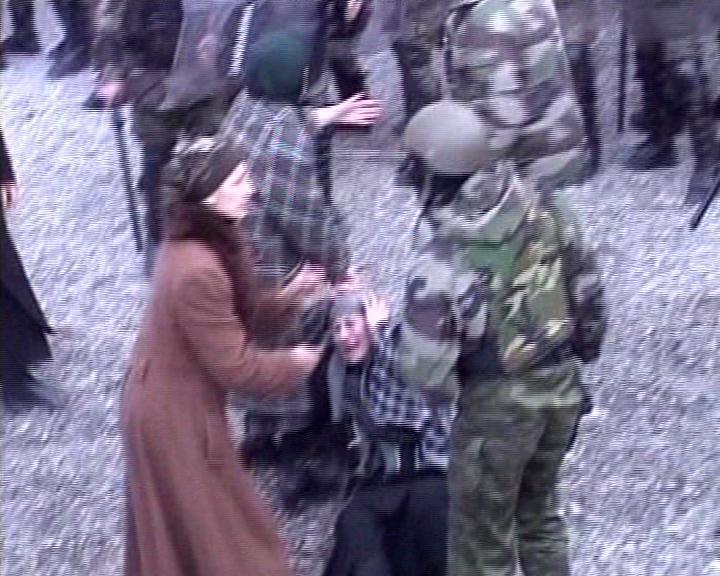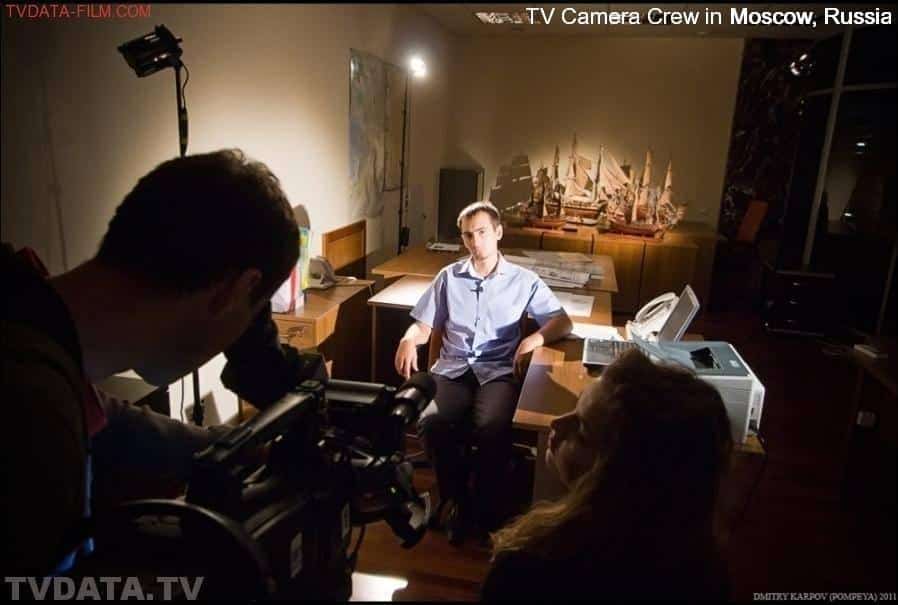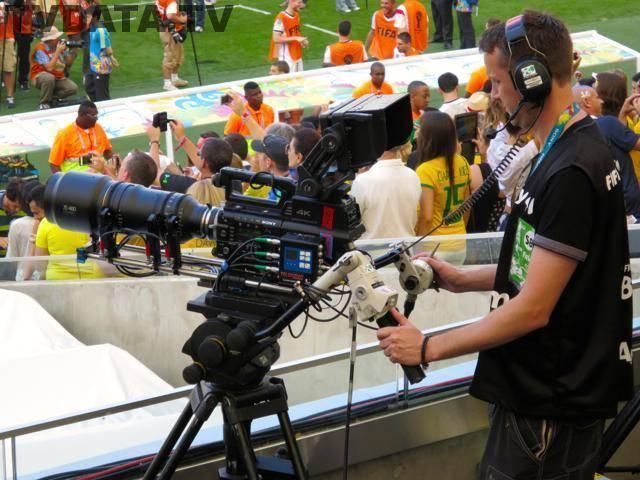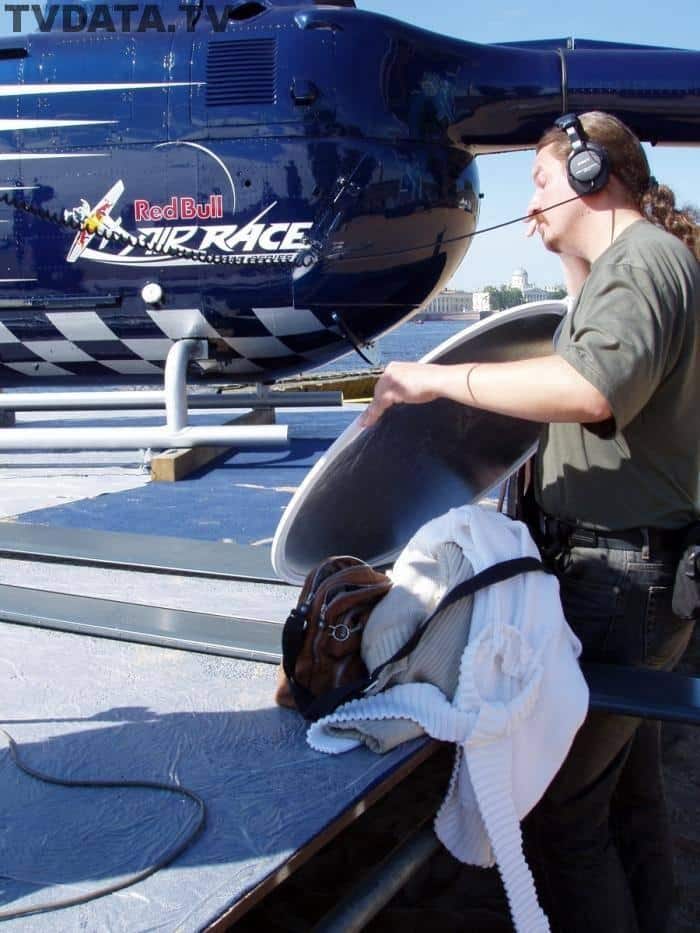Are you looking for authentic footage of the anti-government violent protests and separatist rallies in Georgia in 2004? Look no further than TVDATA.TV Stock Footage Archive. Our collection of rare and high-quality footage captures the events surrounding the M. Saakashvili election and the tumultuous political climate of the time. With flexible licensing options available, you can easily access the footage you need for your project. Bring authenticity and power to your work with TVDATA.TV. https://tvdata.tv/footage/russo-georgian-war-2008-footage
The events surrounding the M. Saakashvili election
Adjara is home to the Adjarians regional subgroup of Georgia. Saakashvili pledges to reunite Abkhazia and South Ossetia.
Looking for authentic and high-quality footage of the events surrounding the M. Saakashvili election in Georgia 2004? TVDATA.TV Stock Footage Archive has you covered. Our extensive collection of rare footage captures the anti-government protests and separatist rallies that took place during this tumultuous time in Georgian history. With flexible licensing options available, you can easily incorporate this compelling footage into your project and add an extra layer of authenticity and depth. Don’t miss out on this unique opportunity to bring the past to life. Check out TVDATA.TV today.
2004 threat by President Saakashvili against Russian ships in the Black Sea
In 2004, then-Georgian President M. Saakashvili issued a confrontational warning to Russian ships in the Black Sea. He accused Russia of backing separatist movements in the Georgian regions of Abkhazia and South Ossetia. Furthermore, he declared that Georgian forces would actively stop Russian vessels from entering Georgian territorial waters without permission.
This audacious move intensified the already strained relationship between Russia and Georgia. Russian authorities viewed Saakashvili’s threats as an unwarranted provocation. The standoff over the Black Sea waters became a symbol of the wider geopolitical struggle in the region. Both nations flexed their military muscles, signaling their readiness to defend their interests.
The naval dispute underscored deeper political and territorial disagreements. Abkhazia and South Ossetia, historically controversial areas, became flashpoints. Saakashvili’s allegations and his stern stance on Russian naval activities signaled Georgia’s refusal to bow down to perceived Russian hegemony. Meanwhile, Russia saw Georgia’s actions and rhetoric as a direct challenge to its influence in the Caucasus region.
Over the next few years, the animosity and mistrust between the two nations grew. Military exercises, border disputes, and political rhetoric fueled an environment of hostility. This eventually culminated in the 2008 Russo-Georgian war, a short but intense conflict that had longstanding repercussions for the entire region.
Saakashvili’s 2004 threat against Russian ships serves as a stark reminder of how maritime disputes, combined with historical territorial tensions, can escalate into larger conflicts. The events that transpired underscore the importance of diplomatic dialogue and international mediation in resolving complex geopolitical issues.
The threat by President Saakashvili against ships in the Black Sea. It includes those ferrying Russian passengers prompted warnings from Russia. Sergei Ivanov, Russian defence minister, said Saakashvili’s threat if carried out would be piracy.






